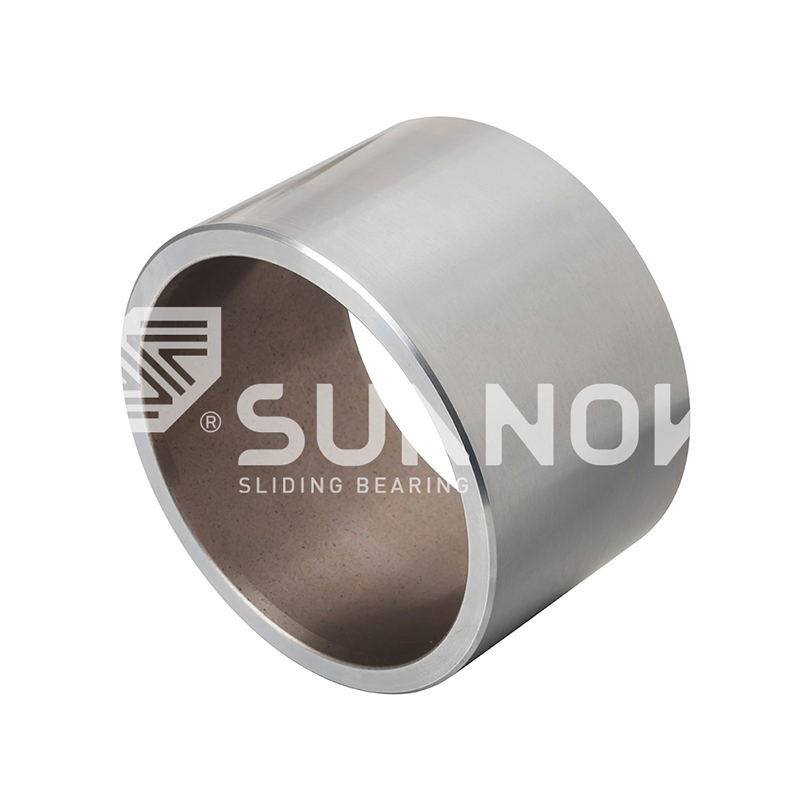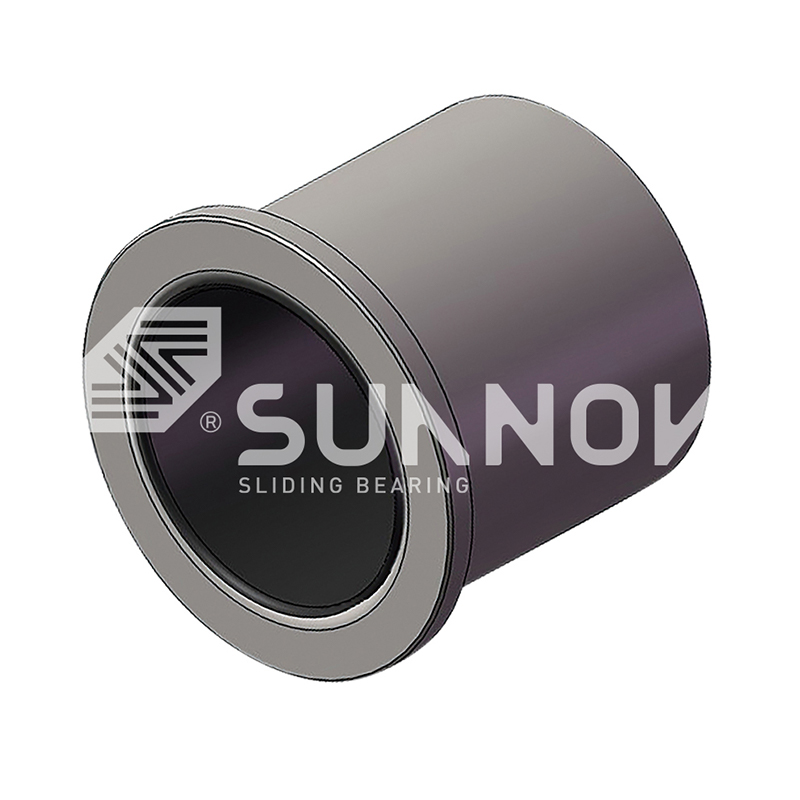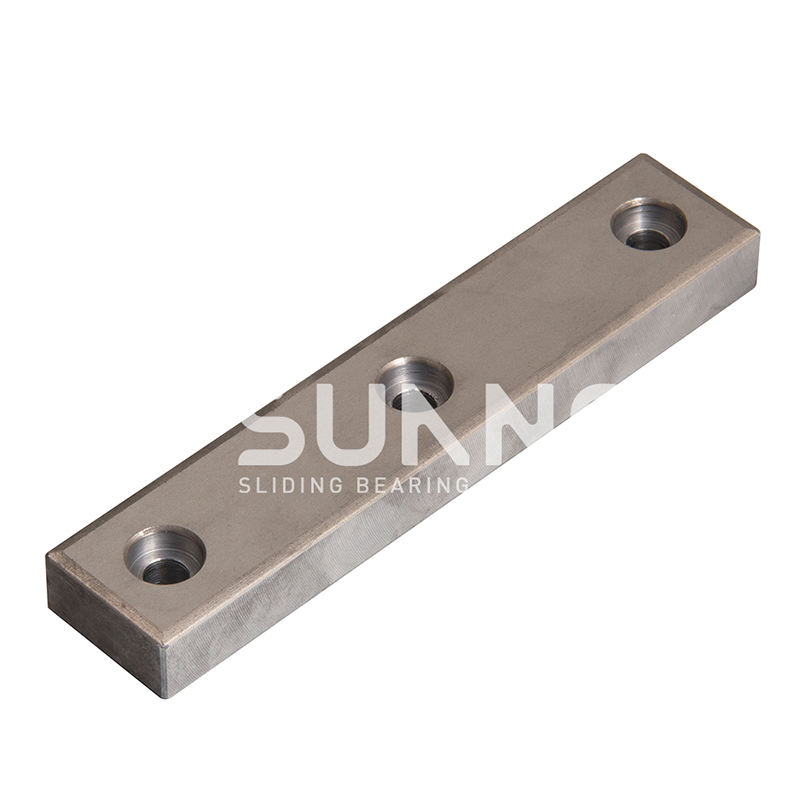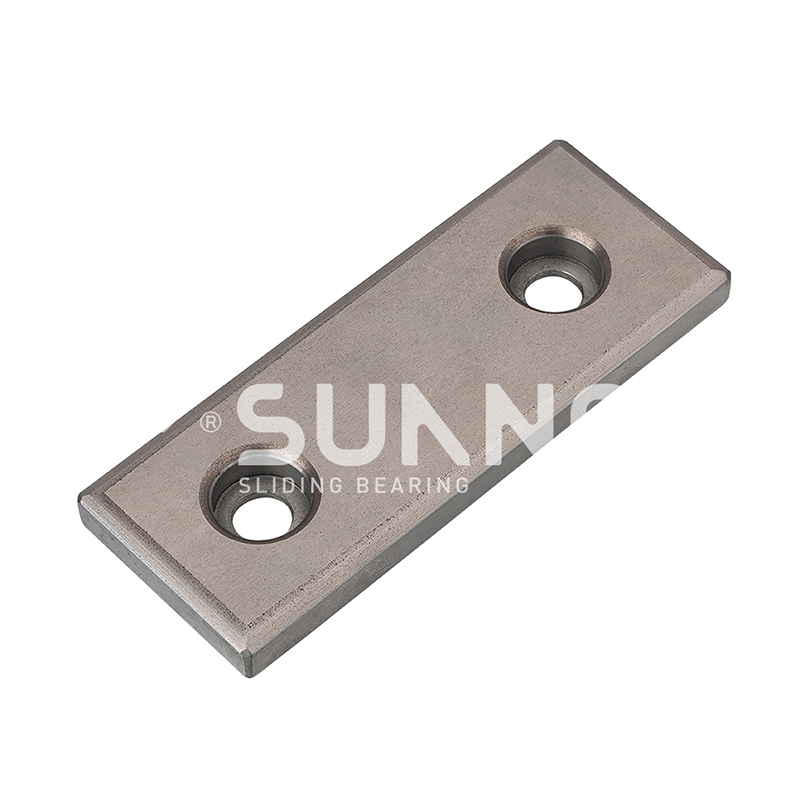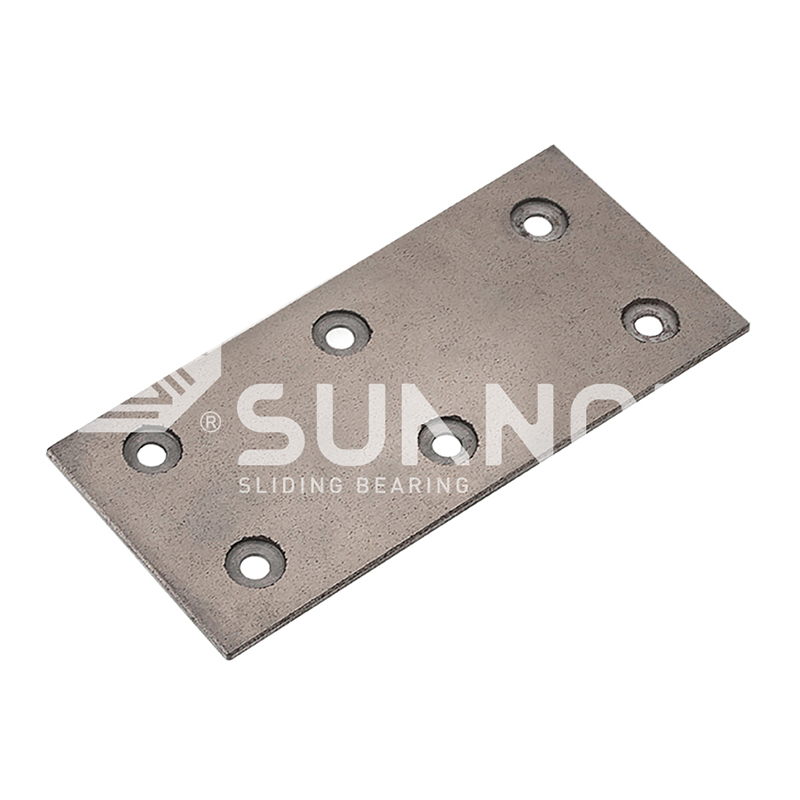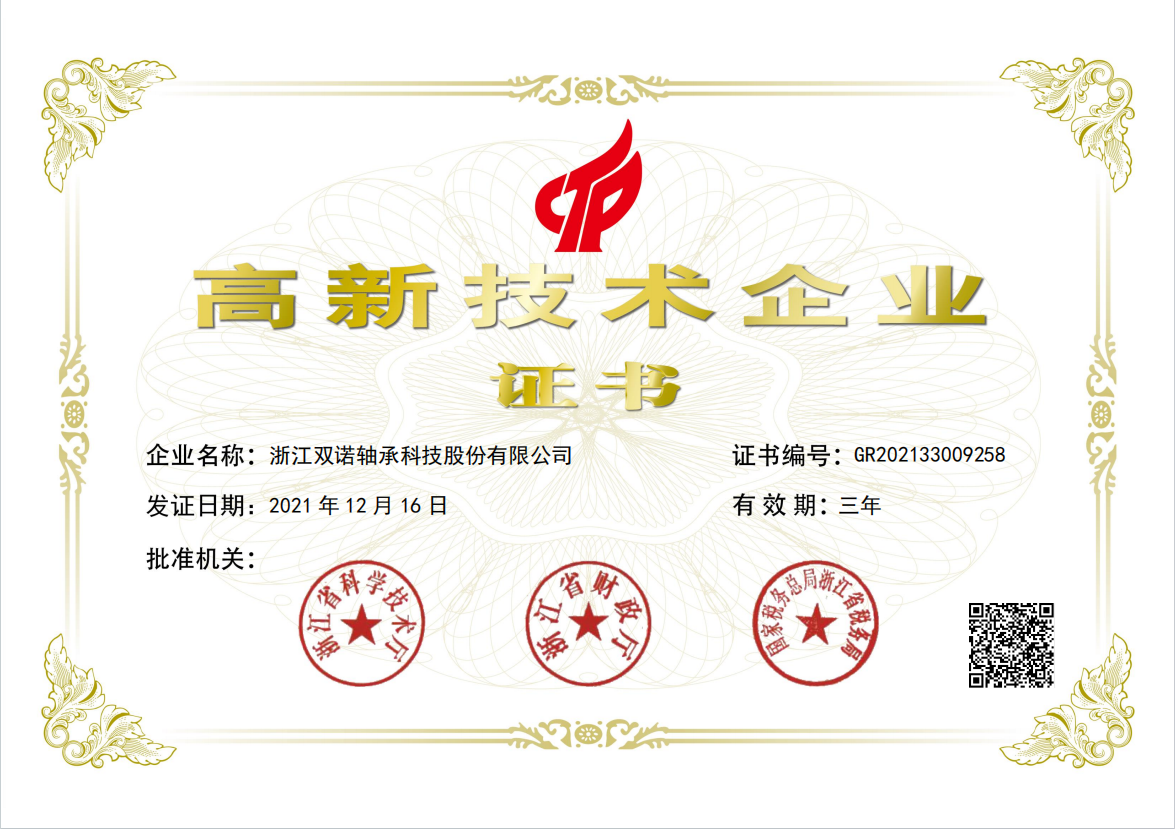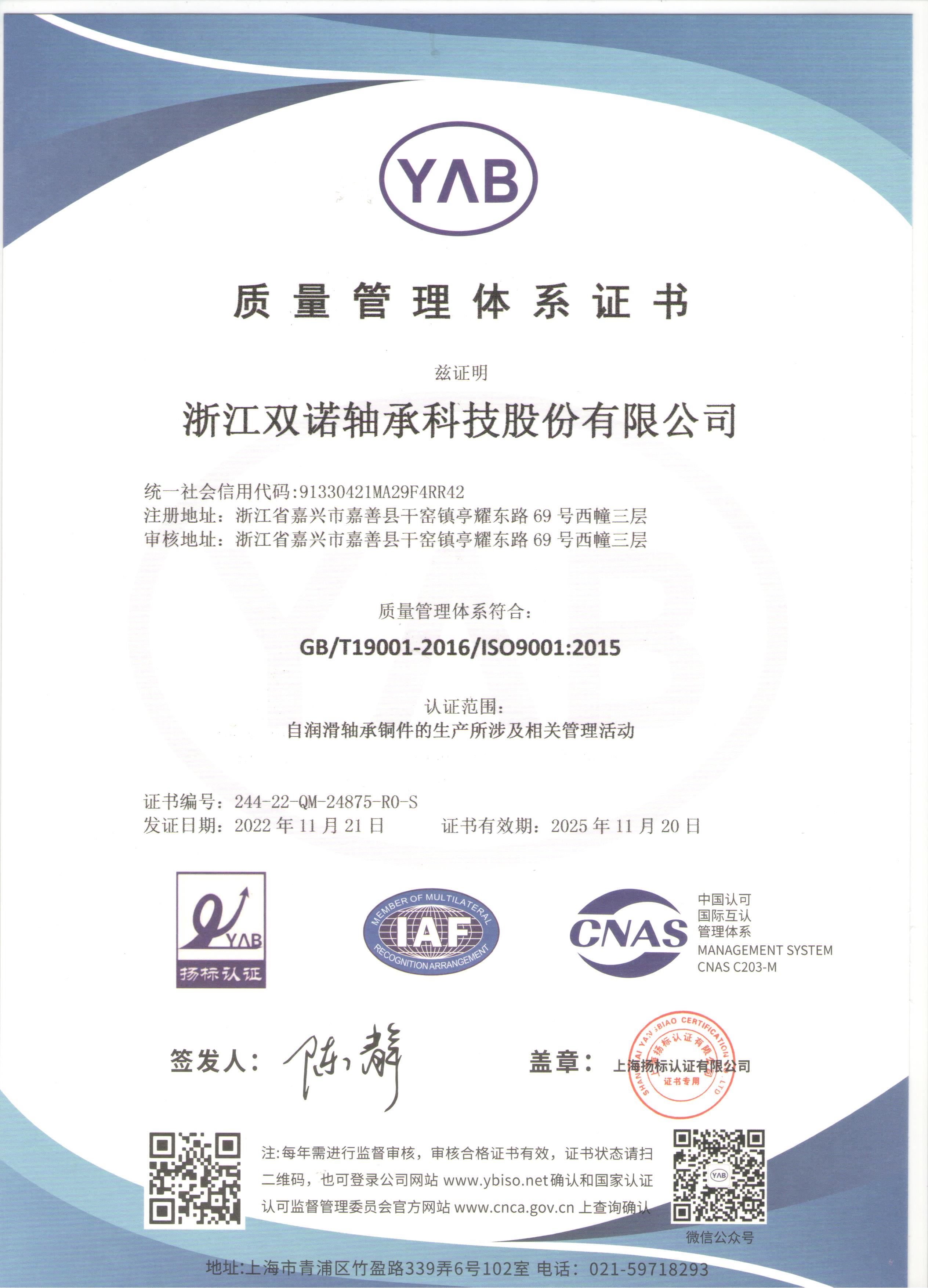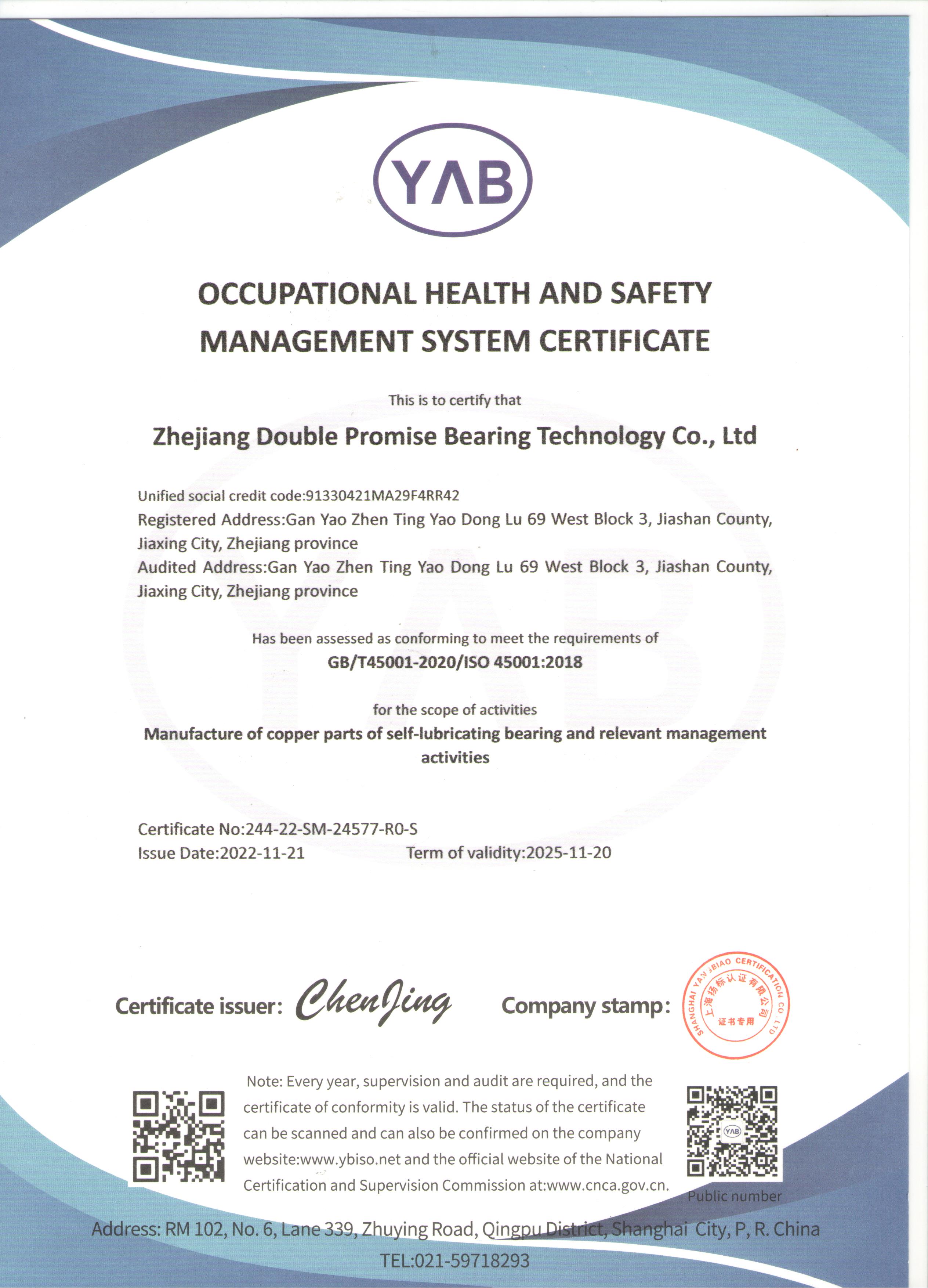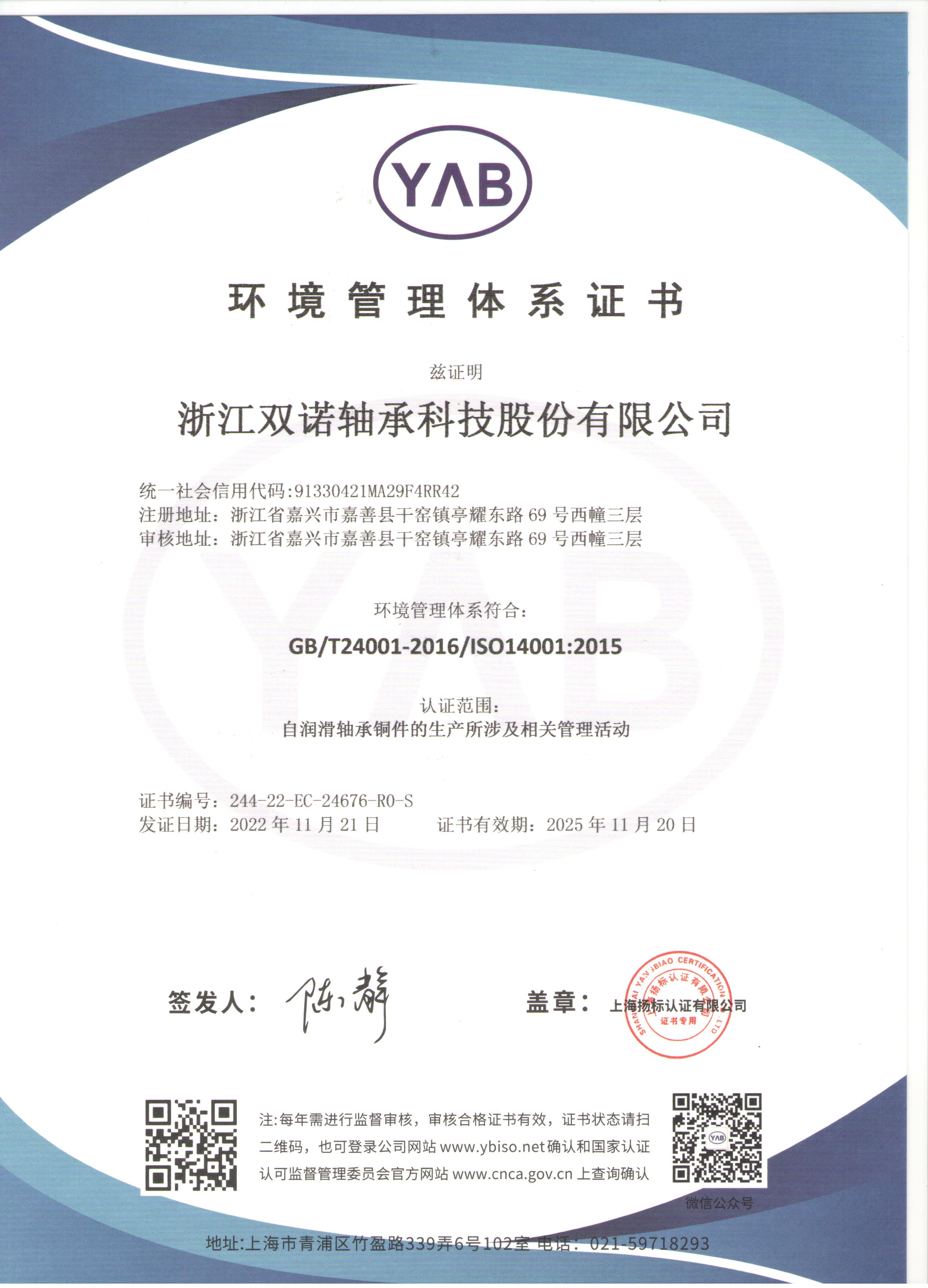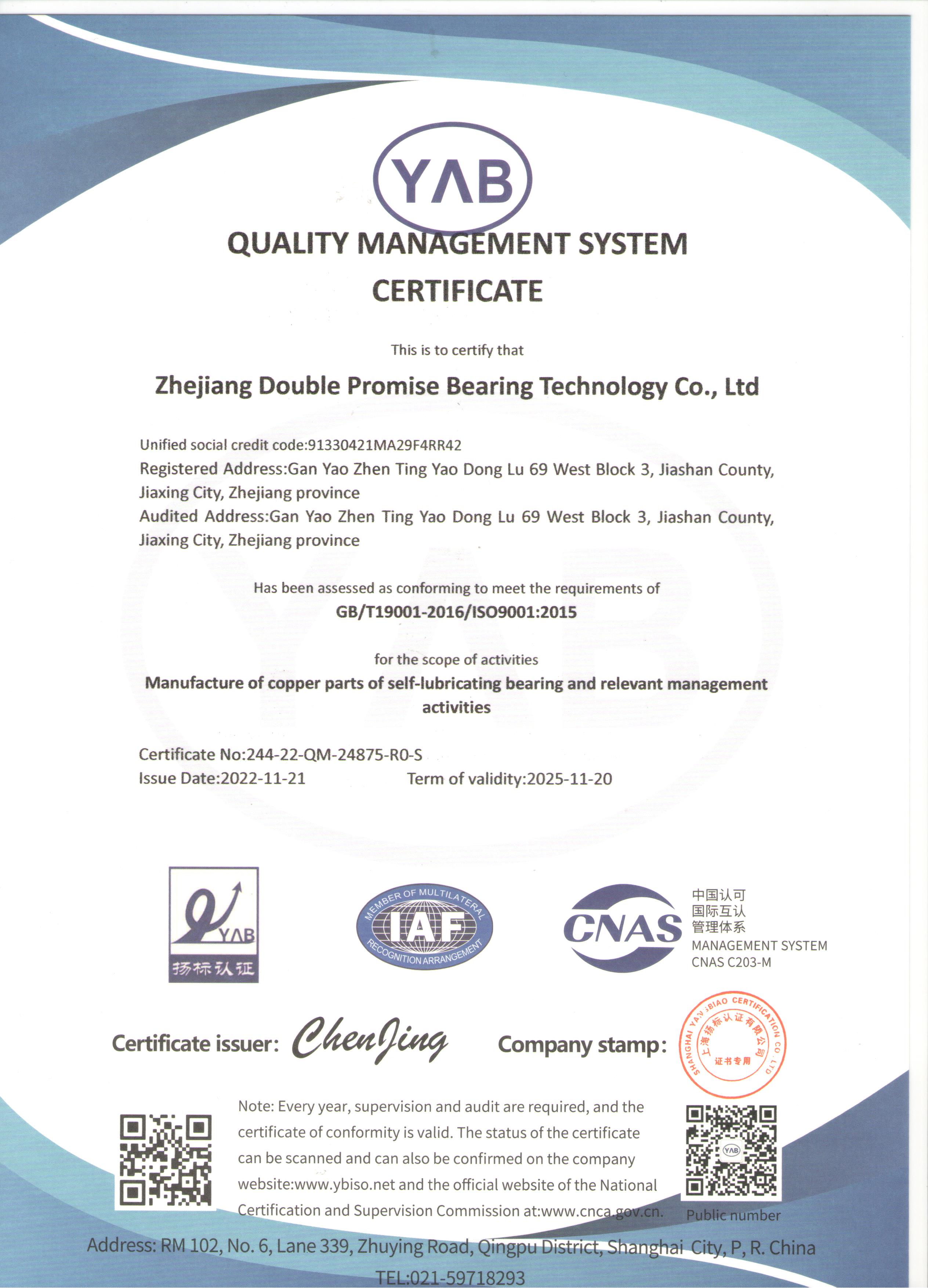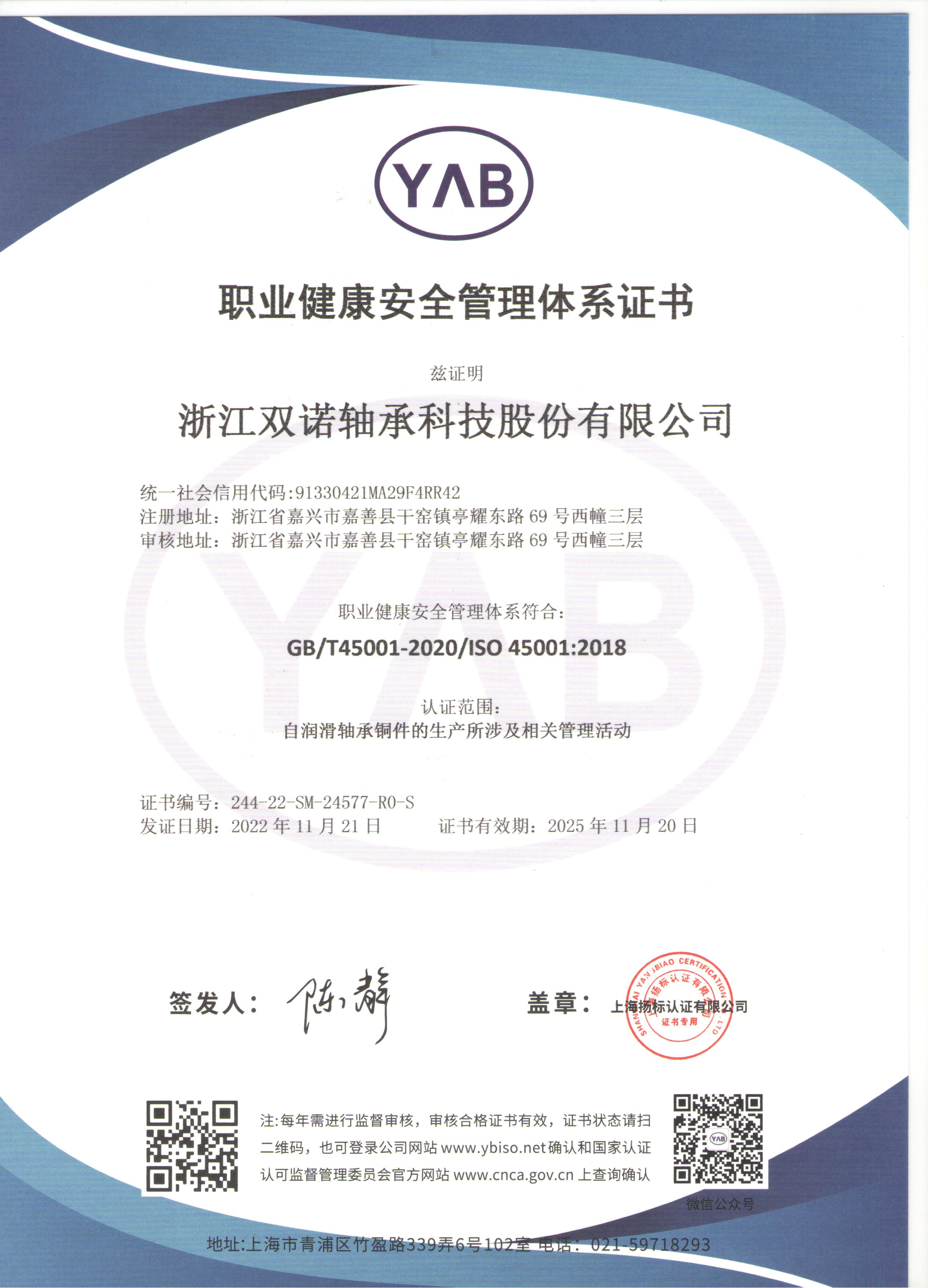-
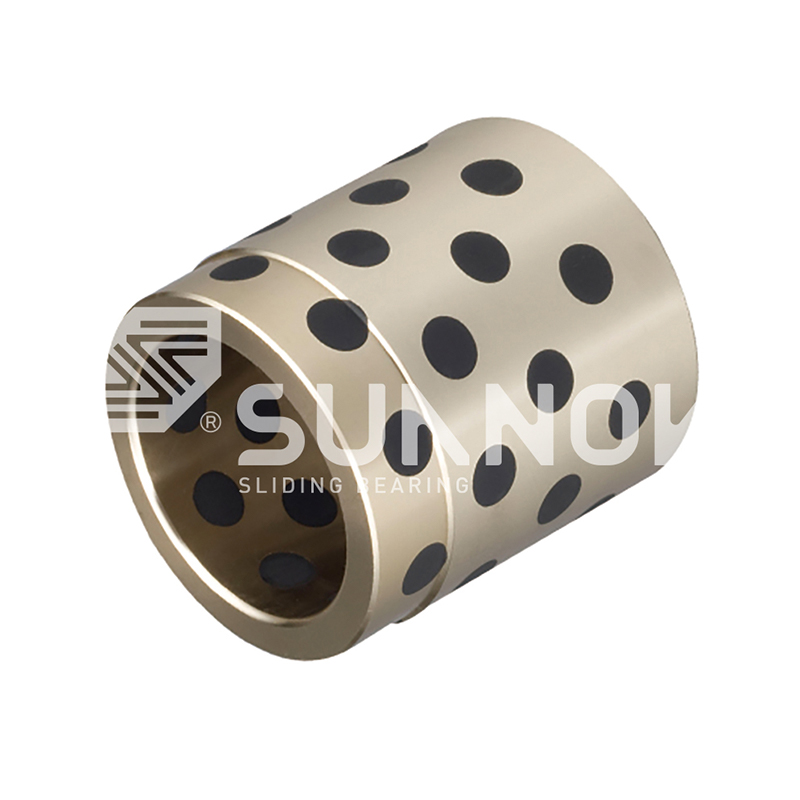 Industry News- Why is the Transfer Film Mechanism of a self lubricat...
Industry News- Why is the Transfer Film Mechanism of a self lubricat...In high-load and low-speed industrial applications, the transition toward maintenance-free components has prioritized the engineering of the...
-
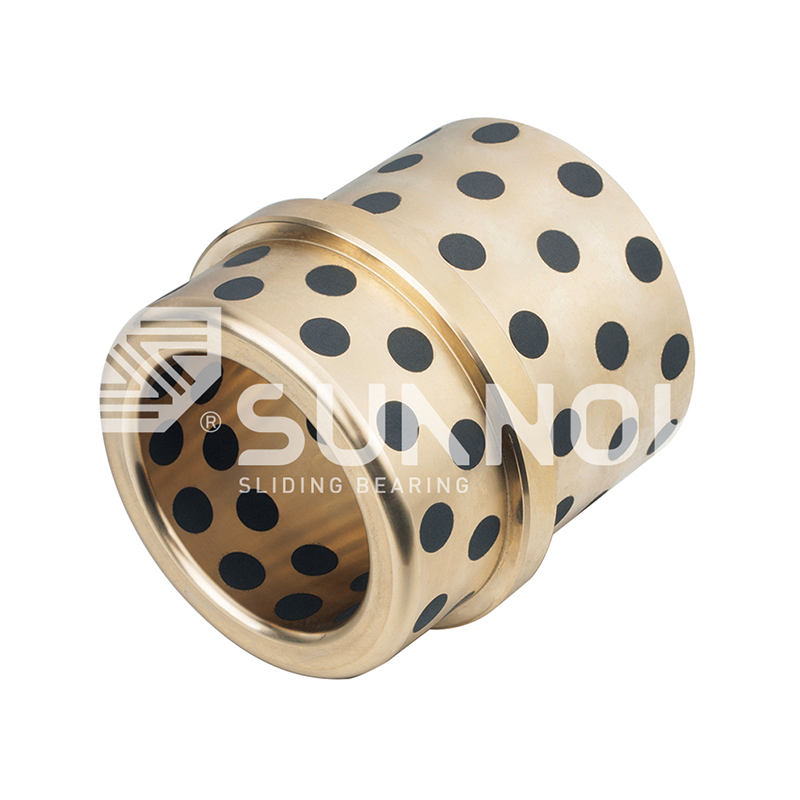 Industry News- Can Switching to Self Lube Bearings Significantly Red...
Industry News- Can Switching to Self Lube Bearings Significantly Red...In the modern industrial landscape, the relentless pursuit of operational efficiency has led engineers to re-evaluate the most fundamental c...
-
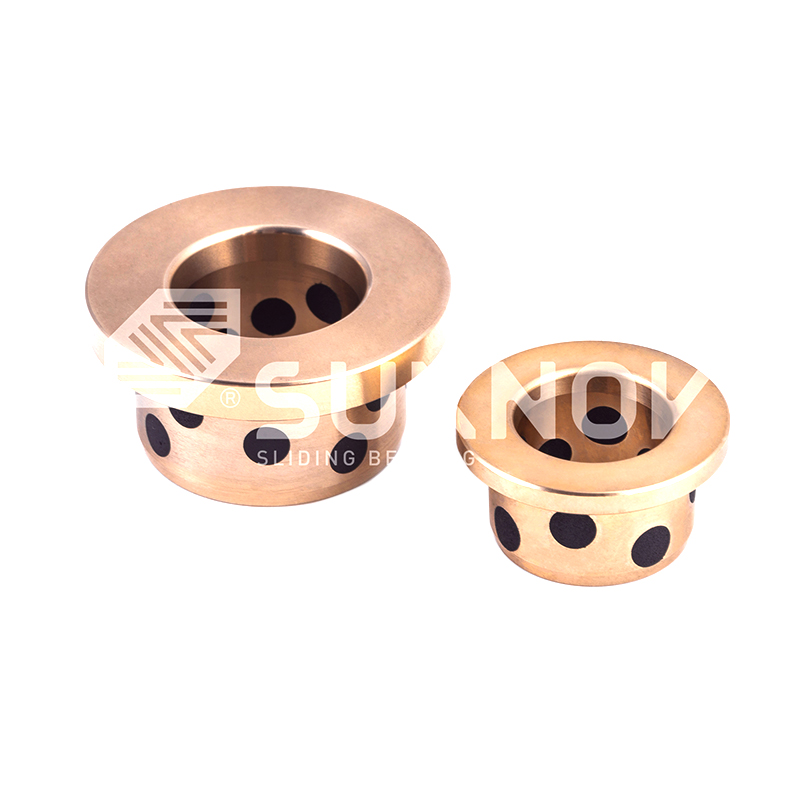 Industry News- How Does a Bronze graphite bearing Maintain Consisten...
Industry News- How Does a Bronze graphite bearing Maintain Consisten...In heavy industrial applications where liquid lubricants vaporize or carbonize, the Bronze graphite bearing stands as a critical engineering...
-
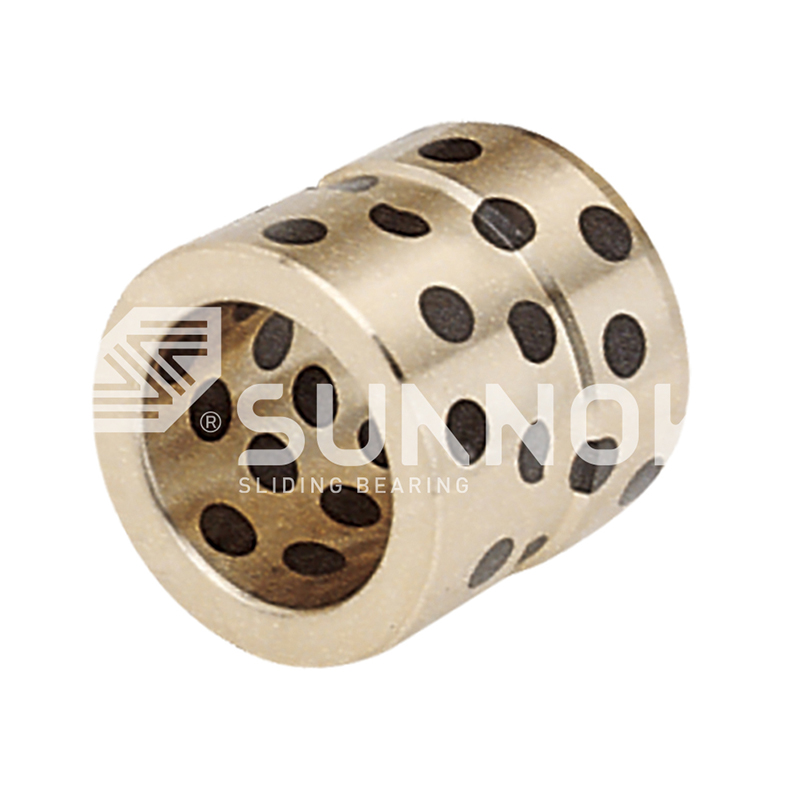 Industry News- How to Accurately Calculate the Wear Life of a Self L...
Industry News- How to Accurately Calculate the Wear Life of a Self L...In the field of heavy-duty mechanical engineering, the reliability of a self lubrication bearing is critical for minimizing downtime and mai...
-
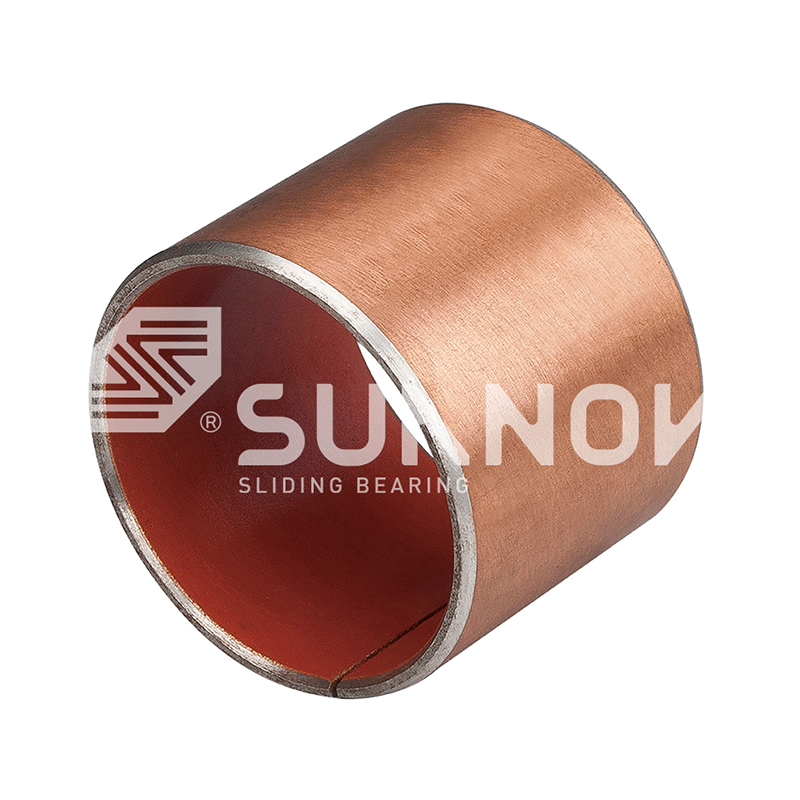 Industry News- How Do Self Lube Bearings Compare to Traditional Grea...
Industry News- How Do Self Lube Bearings Compare to Traditional Grea...In the demanding landscape of heavy industrial machinery, the choice between lubrication systems can dictate the entire lifecycle of a mecha...
-
0+Establishment
Founded in 2014, Shuangnuo has 10 years of experience in the industry.
-
0+Advanced Equipment
Strong production capacity ensures that we can organize material production for customers as soon as possible and shorten the production cycle.
-
0+Happy Clients
There are more than 5,000 cooperative customers around the world.
What are the common faults of oil-lubricated bimetallic bearings?
Common faults of oil-lubricated bimetallic bearings mainly include the following:
Wear: Due to friction and load, the working surface of the bearing may wear, resulting in increased clearance and affecting its accuracy and performance.
Ablation: When lubrication is insufficient or the lubricant is of poor quality, ablation may occur on the bearing surface, causing melting and adhesion of metal materials, which may lead to bearing failure in severe cases.
Peeling: Due to material fatigue or chemical reaction, peeling may occur between the bimetallic layers, resulting in damage to the structural integrity of the bearing.
Overheating: Excessive load, poor lubrication or high ambient temperature can cause bearing overheating, which may cause material performance degradation or even failure.
Oil film rupture: Oil film rupture can lead to direct metal contact, increased friction and wear, and may eventually lead to bearing failure.
Contamination: External contaminants (such as dust, moisture or impurities) enter the bearing, causing lubricant contamination, affecting lubrication and accelerating wear.
Vibration: Due to imbalance or improper installation, the bearing may vibrate, and long-term vibration may cause fatigue damage or other structural problems.
Oil leakage: Poor bearing seal or lubrication system failure may cause lubricant leakage, affecting the lubrication effect.
Corrosion: If the lubricant is mixed with water or other corrosive media, it may cause corrosion of the bearing material and reduce its service life.
Fatigue cracks: Under long-term repeated loads, fatigue cracks may occur in the bearing material, leading to failure.
Preventive measures: To reduce the occurrence of these failures, the following measures can be taken:
Regularly check and replace the lubricant to ensure its quality.
Control the operating temperature to avoid overheating.
Perform regular maintenance and care to keep the bearing in good working condition.
Ensure correct installation and alignment to reduce vibration and imbalance.
